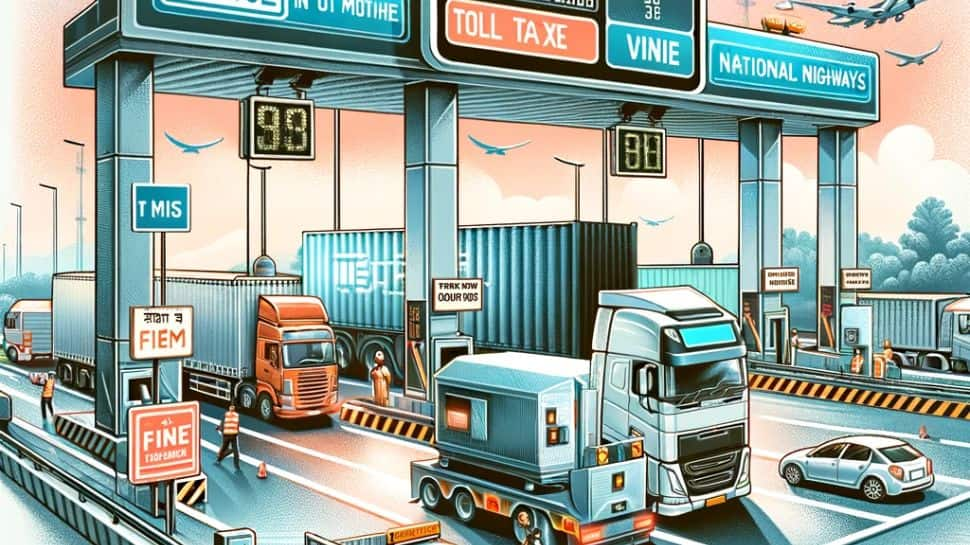Toll Tax Based on the Weight of Trucks
It’s a known fact that trucks are the backbone of any country’s economy, and India is no exception. But there’s a serious issue that’s been plaguing our roads for a while now – truck overloading.
Overloaded trucks are not just a hazard leading to more accidents, but they also wear down our roads faster, hiking up maintenance costs. In a move to address this, the Indian government has rolled out a new policy – trucks will now be taxed based on their load. Simply put, the heavier the truck, the higher the toll.
Implementing the Change: Weigh-in Motion Systems
So, how is this plan going to be put into action? The answer lies in the installation of high-tech ‘Weigh-in Motion’ systems at toll booths.
With over 850 toll plazas across the country, it’s an ambitious project. But progress is already on the fast track, with more than 40% of these plazas equipped with these systems.
These setups are designed to measure a truck’s weight, axle count, identification number, and speed. The toll charges will be calculated based on these factors, ensuring a fair and proportional tax.
The Bigger Picture: Ensuring Road Safety and Sustainability
This initiative wasn’t just pulled out of thin air. It’s the brainchild of a special transport committee, as reported by the Hindustan newspaper.
The primary aim here is clear – to discourage overloading. By doing so, we’re not just looking at safer highways but also at a significant reduction in road upkeep costs.
Overloaded trucks will face steep penalties, in some cases, up to tenfold! And they won’t be allowed to continue their journey until they shed the excess load.
The Fate of Overloaded Trucks
What’s going to happen to those who flout these new regulations? Well, toll booth operators are now empowered to not only levy hefty fines on overloaded trucks but also to detain them and initiate legal proceedings if necessary.
This robust approach to toll taxation, grounded in the principle of weight-based charging, marks a significant stride towards mitigating the issue of overloading on national highways. It’s a balanced blend of ensuring road safety and keeping fiscal responsibilities in check.

